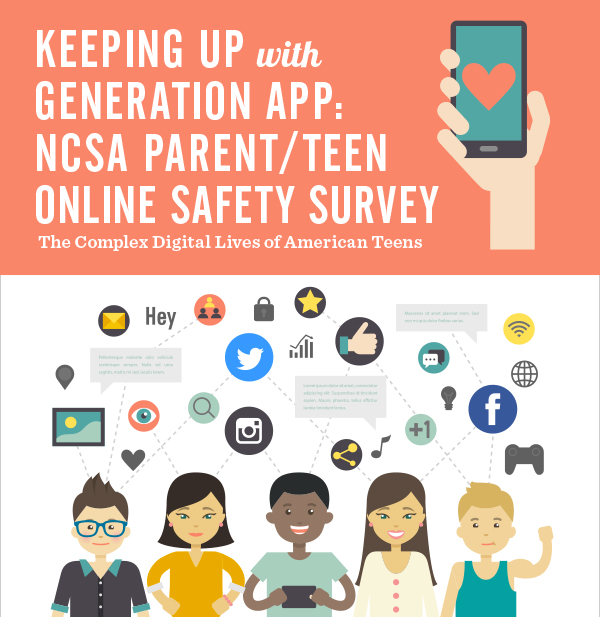Nearly four in 10 American teens report that someone was mean or cruel to them in the digital world in the last year, and those negative comments most often stemmed from something the teens said or did, or were about their appearance, results of a new Microsoft study show.
Thirty-nine percent of teens surveyed said someone had been mean or cruel to them when they were online or using their cellphones in the 12 months ending June 2016, and more than half (52 percent) said the content of those hurtful messages was about something the teen said or did. Meanwhile, 45 percent said their appearance was the focus of the rude remarks, and 27 percent said they received mean messages about their sexual orientation, their gender (25 percent), or their race or ethnicity (24 percent).
The study, “Keeping Up with Generation App,” is the first in a series sponsored by Microsoft and focused on raising awareness about the need for “digital civility” across the globe. It was conducted by the Washington, D.C.-based National Cyber Security Alliance (NCSA), and polled 804 teens, ages 13 to 17 in the U.S., as well as 810 American parents of teens in the same age group.
“Parents, teachers and other adults who spend time with teens should be aware of the kinds of experiences teens are having online and should help them strategize responses to negative behaviors,” said Michael Kaiser, NCSA’s executive director. “Additionally, we should help teens understand the importance of treating their peers and others with respect online and work to reduce the incidents of cruel behavior.”
Indeed, teens indicated they are “not very likely” to turn to their parents for help with various online problems. Only one in five said they are “very likely” to share problems with parents or would do so “all the time;” 28 percent reported “never” consulting their parents. Conversely, 65 percent of parents said their kids are “very likely” to share concerns encountered online with them or would do so “all the time,” indicating a significant digital disconnect.
Many of the teens’ top online safety worries related to the privacy and security of personal information that could ultimately affect their online (and offline) reputations. For instance, teens reported they are “very concerned” that someone will access their accounts without their permission (47 percent); that someone will share personal information about them online that they would prefer to keep private (43 percent), or that someone will post a private photo or video of them online (38 percent).
These concerns still haven’t driven teens to be totally truthful with their parents about their online activities, however – another digital division among parents and teens. Sixty percent of teens said they’ve created an account that their parents are unaware of, such as on a social media site or for an app they want to use, and only 13 percent said their parents are “completely aware” of everything they do online. Meanwhile, 43 percent of parents are at least neutral when it comes to awareness of their children’s online activities, with only 3 percent claiming to be “completely aware.”
The results are the first in a short series of research studies, both in the U.S. and internationally, that we’re releasing in the lead-up to, and on, Safer Internet Day 2017, Feb. 7. Preliminary results of follow-on surveys will be made public in the weeks and months ahead. Looking across the range of results, age demographics and geographies, data show a broad need for a focus on “digital civility,” and we’ll have more to share on that in the coming months, as well.
In the meantime, to learn more about online safety generally, visit our website and check out our resources; “like” us on Facebook and follow us on Twitter.
At the time of writing of this post, Jacqueline Beauchere’s title was Chief Online Safety Officer.

